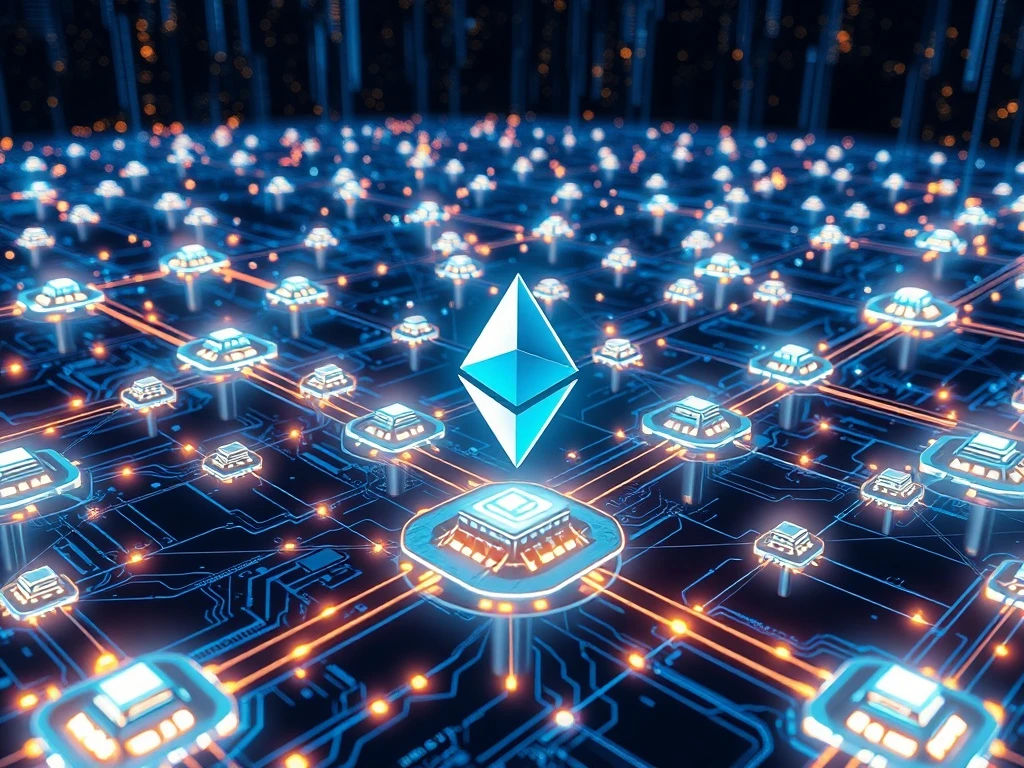Ethereum News Today: Vitalik Buterin Backs Lean Upgrade for Quantum Resistance and RISC-V Framework

Ethereum developers are making waves with the Lean Ethereum proposal, a groundbreaking upgrade aimed at boosting speed, simplifying architecture, and adding quantum resistance. This Ethereum news today highlights how zero-knowledge virtual machines, data availability sampling, and RISC-V framework could redefine blockchain security and efficiency.
What is Lean Ethereum and Why Does It Matter?
The Lean Ethereum initiative focuses on three core improvements:
- Quantum resistance through zero-knowledge virtual machines
- Efficiency via data availability sampling
- Simplified architecture using RISC-V framework
How Quantum Resistance Protects Ethereum’s Future
With quantum computing advancing, Ethereum’s zero-knowledge virtual machines offer a robust defense by verifying data without exposing content. This approach maintains privacy while addressing potential vulnerabilities from quantum technology.
RISC-V Framework: Simplifying Ethereum’s Core
Vitalik Buterin strongly advocates for RISC-V implementation, which reduces attack surfaces and backdoor risks. This streamlined instruction set could make Ethereum’s consensus layer more secure and maintainable.
Data Availability Sampling: A Game Changer for Efficiency
This innovative method allows nodes to verify blocks by checking random samples instead of downloading entire blocks, significantly reducing storage and bandwidth requirements while maintaining blockchain integrity.
Industry Perspectives on Quantum Resistance
While Ethereum pursues its Lean upgrade, experts like XinXin Fan of IoTeX propose alternative quantum-resistant solutions using hash-based zero-knowledge proofs, showing diverse approaches to this critical challenge.
The Future of Ethereum: Simpler, Faster, More Secure
With Vitalik Buterin aiming for Bitcoin-level simplicity within five years, these proposed changes position Ethereum to remain competitive in the smart contract platform space while adapting to future technological advancements.
Frequently Asked Questions
What is quantum resistance in blockchain?
Quantum resistance refers to cryptographic methods that protect against potential threats from quantum computers, which could break traditional encryption.
How does RISC-V improve Ethereum?
RISC-V’s simplified instruction set reduces complexity, potential attack surfaces, and development costs while improving network resilience.
When will Lean Ethereum be implemented?
While no specific timeline exists, Vitalik Buterin has expressed hopes to achieve significant simplification within five years.
Will these changes affect Ethereum gas fees?
The efficiency improvements from data availability sampling could potentially reduce network congestion and gas fees, though exact impacts remain to be seen.








